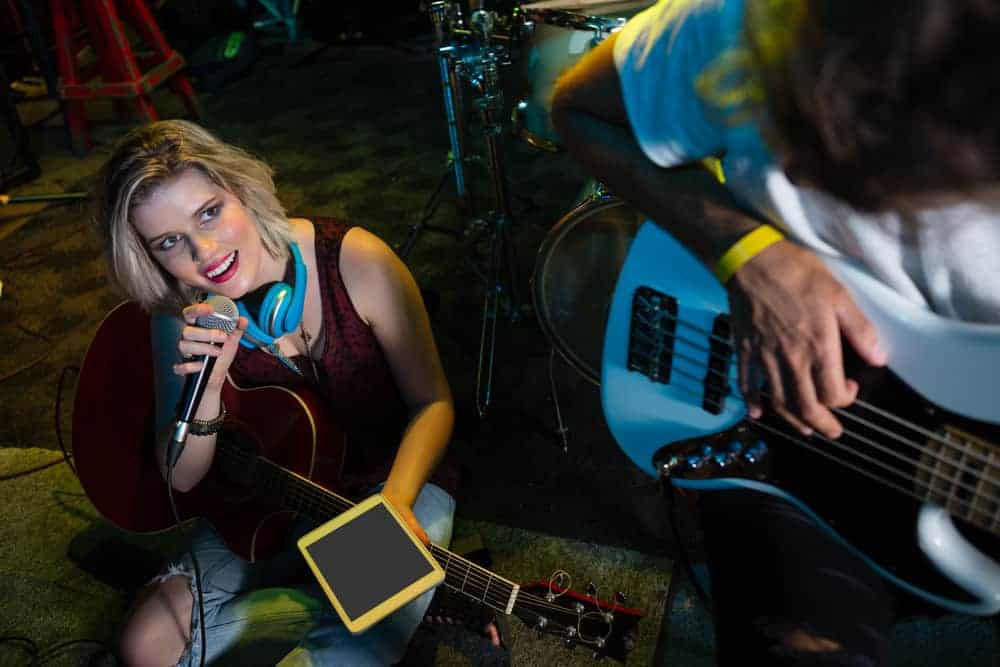Some artists try to represent themselves so they can keep 100% of the profit, meaning they don’t work with a music licensing company or agent. But, although it can pay off, going that route is not as easy.
This typically looks like reaching out to Music Supervisors directly. These are the folks who work for a film company to pick the music for an ad, TV show, or film. While cold emailing supervisors used to be okay to do, it’s no longer a good idea. Supervisors have been burned one too many times because an artist didn’t have the proper rights to the song, leaving the supervisor legally hanging out to dry.
However, if a music supervisor specifically asks for artists to submit music and provides a link or email address, that’s of course totally okay. I’ve seen supervisors on TikTok, Facebook, and Instagram posting a call for submissions.
So let’s look at the pros and cons of taking the DIY approach…
Pros:
- You’re in control, meaning you keep 100% of profits you make from a placement
- It may be more rewarding when you’re able to pull this off on your own
Cons:
- You have to write and execute contracts, which can be difficult for someone who’s not a lawyer
- It takes a ton of work and time
- Most music supervisors don’t accept submissions directly from artists
- You usually have to know the right people who know the right people — it’s unlikely that cold emails will get you anywhere
- You may not know how to negotiate as good of compensation that a music licensing company could.
Basically, avoid going the DIY approach with sync licensing. It’s totally worth working with a music licensing company.
